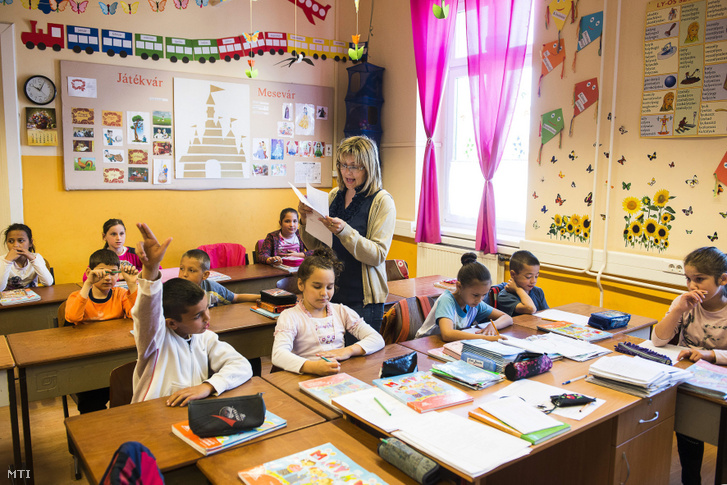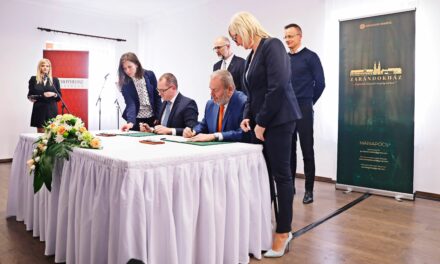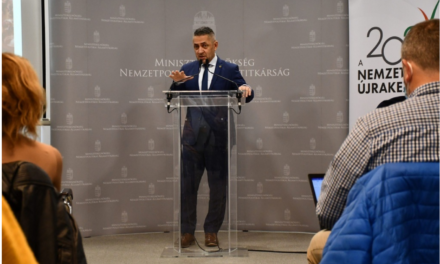European Union funds are used to teach Romanian teachers how to teach Romanian as a foreign language to children belonging to national minorities.
The details of the program were presented by Csilla Hegedüs, the State Secretary of the Romanian Ministry of European Investments and Projects, and Ödön Szabó, the representative of the RMDSZ's education policy, in Cluj on Thursday.
Csilla Hegedüs said: nine million euros will be provided to train 6,190 Romanian teachers to teach Romanian as a foreign language. The state secretary said: they want Hungarian children to learn Romanian well. Although the Education Act allows Romanian to be taught as a foreign language from the 2011-2012 school year, teachers have not been prepared for this until now.
The state secretary added that learning the Romanian language is a problem mainly in small settlements with a Hungarian majority, where children only communicate in Romanian during Romanian lessons at school. The consequence of this is that at the end of the eighth grade, the students of the Hungarian-language schools achieve a worse grade than their Romanian-speaking peers on the aptitude test and the baccalaureate.
The state secretary said: the program for teachers is financed with money left over from the European Union's 2004-2020 budget cycle, so the training must be completed by the end of November 2023. The program also includes the development of a phone application that accustoms children to Romanian communication.
Representative Ödön Szabó said that methodological guidelines are being developed for those teachers who teach Romanian language to minority children, and the effectiveness of the new methods will be assessed on an experimental group of 370 people. He also added: in the first round, the eighty teachers who will hold preparatory courses for fellow teachers will be trained.
According to a survey presented in September 2020, among Transylvanian Hungarians, there is almost complete agreement that Hungarian children should learn Romanian well, but according to two-thirds of the respondents, the current education system in Romania is not suitable for fulfilling this requirement.
The Minority Monitor 2020 research conducted by the Székelyföld Public Policy Institute and the Bálványos Institute showed that 22 percent of Transylvanian Hungarians feel anxious when they have to speak Romanian. The average score of Hungarian students in the matriculation exams is pushed below the national average by the grade achieved in Romanian language and literature. Hungarian students, on the other hand, perform better than the national average in the international (PISA) tests.
MTI
Cover image: Illustration / Photo: Attila Balázs / MTI












